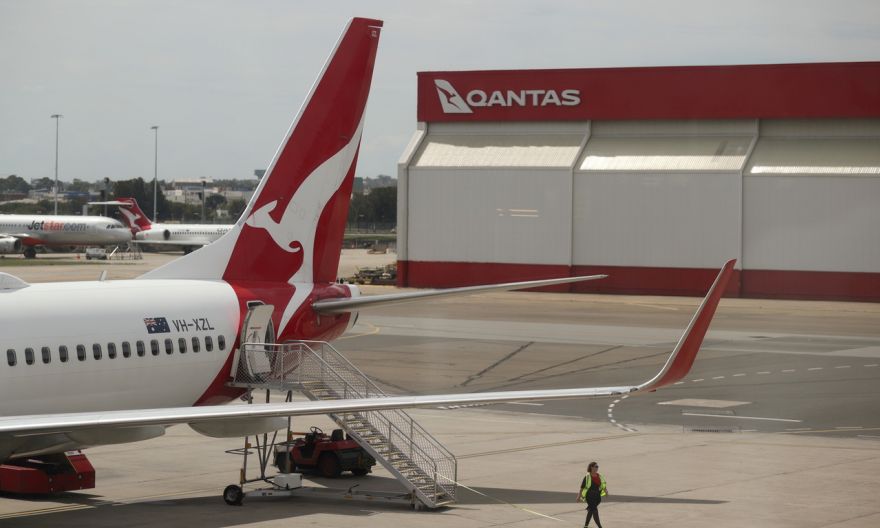Qantas idles 2,500 more staff as Covid-19 cuts domestic flights

(REUTERS) – Qantas Airways is temporarily idling about 2,500 employees without pay for at least two months in a bid to cope with fresh COVID-19 restrictions in Australia slashing domestic travel demand.
The decision will directly impact domestic pilots, cabin crew and airport workers, mostly in New South Wales, the airline said on Tuesday, adding that no job losses were expected from the move.
Qantas said it had gone from operating almost 100 per cent of its pre-COVID domestic flying capacity in May to less than 40 per cent in July due to lockdowns meant to curb the rapid spread of the Delta variant of the coronavirus.
The country’s most populous city, Sydney, has been hit particularly hard by infections and will remain in lockdown for at least another three-and-a-half weeks amid a drive to get the population vaccinated against COVID-19 as quickly as possible.
“Based on current case numbers it is reasonable to assume that Sydney borders will be closed for at least another two months,” Qantas Chief Executive Alan Joyce told reporters.
The affected domestic employees, who will join 6,000 colleagues furloughed in its international division due to border closures, will receive government-backed support payments of A$750 (S$747) a week.
Qantas has around 22,000 employees in all.
The airline said it is aiming for domestic flying levels to improve to around 50 per cent-60 per cent of normal levels within a few weeks as some states reopen borders after exiting lockdowns that contained small outbreaks.
Qantas will not hibernate any of its domestic planes because it wants to be able to ramp up quickly as demand returns, with a goal of topping 100 per cent of pre-COVID capacity by Christmas, Joyce said.
Its international fleet has been grounded since March 2020.
The airline currently has many international flights on sale from late December, but Joyce said the status of those plans would depend on Australia’s vaccination rate.
The government set a target last week for 80 per cent of adults to be fully vaccinated for a calibrated reopening of its international borders. Only around 18 per cent are fully vaccinated currently.
